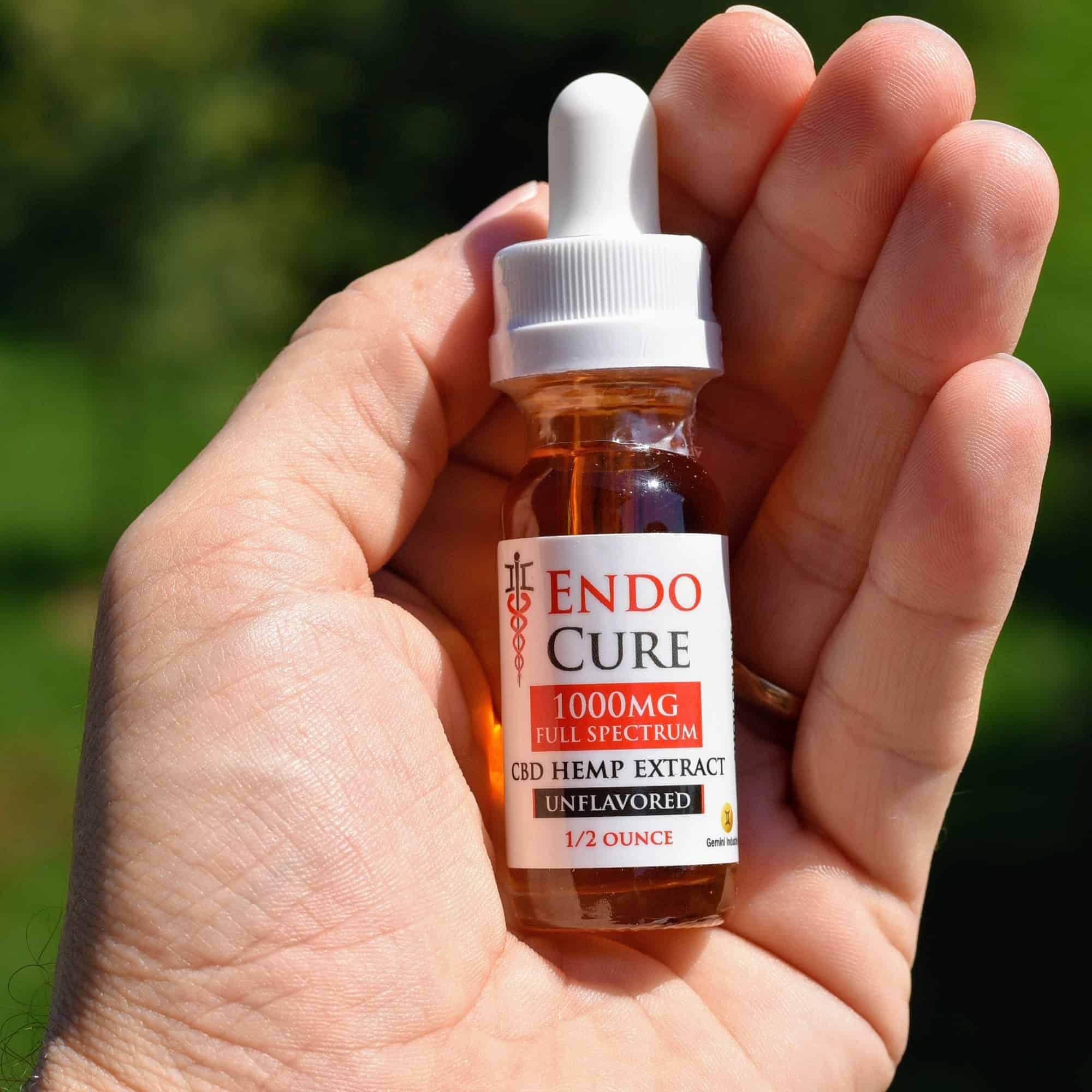Introduction:
CBD (cannabidiol) oil and THC (tetrahydrocannabinol) are two popular compounds located in the
hashish plant. Though they share a popular origin, they have unique attributes and consequences on
the human physique. In Canada, the legalization of cannabis for the two health-related and recreational
uses has led to an increased fascination in understanding the differences and similarities
between CBD oil and THC.
This write-up aims to examine these areas in detail.
Definition and Composition:
CBD Oil:
CBD oil is derived from the hashish plant and is made up of superior stages of cannabidiol. It is commonly
extracted from hemp, a variety of hashish with lower THC articles. CBD oil is identified for its non-
intoxicating qualities and is typically applied for therapeutic needs.
THC:
THC is the principal psychoactive compound uncovered in cannabis. It is liable for the euphoric
and thoughts-altering results affiliated with marijuana use. Compared with CBD, THC is intoxicating and
can deliver a "high" when consumed.
Legal Standing:
CBD Oil:
In Canada, CBD oil derived from hemp is legal as very long as it includes significantly less than .3% THC.
These products and solutions are widely obtainable and can be purchased devoid of a prescription. CBD oil
derived from cannabis, which includes larger levels of THC, is subject to stricter laws
and needs a prescription.
THC:
The legal standing of THC in Canada differs dependent on its source. THC derived from marijuana
is legal for each clinical and recreational use, with certain restrictions and restrictions. Even so,
THC derived from hemp is issue to the exact restrictions as CBD oil and ought to comprise considerably less
than .3% THC.
Psychoactive Consequences:
CBD Oil:
CBD oil is non-intoxicating and does not deliver a psychoactive effect. It interacts with the
human body's endocannabinoid system to advertise peace, decrease nervousness, and present ache reduction.
Lots of folks use CBD oil for its therapeutic qualities without having going through any cognitive
impairment.
THC:
THC is a psychoactive compound that binds to cannabinoid receptors in the mind, ensuing in
the euphoric "high" usually involved with marijuana use. The depth of the psychoactive
effects relies upon on the THC focus and unique tolerance. Some persons might
encounter relaxation and altered notion, when other people may well come to feel stress or paranoia.
Clinical Applications:
CBD Oil:
CBD oil has gained attractiveness for its prospective therapeutic gains. It is used to relieve discomfort,
lower irritation, control stress and melancholy, take care of epilepsy, and make improvements to slumber quality.
Additionally, it is being analyzed for its opportunity use in treating different circumstances this sort of as various
sclerosis, Parkinson's illness, and most cancers-connected indications.
THC:
THC has a variety of health-related purposes as effectively. It is usually prescribed for agony
administration, urge for food stimulation, and nausea reduction in most cancers patients undergoing
chemotherapy. It may possibly also be used to take care of symptoms linked with glaucoma, numerous
sclerosis, and HIV/AIDS.
Side Effects and Protection:
CBD Oil:
CBD oil is commonly effectively-tolerated, and critical aspect consequences are exceptional. Some people today may well
encounter moderate facet outcomes this sort of as dry mouth, drowsiness, or variations in appetite. It is
crucial to take note that CBD oil can interact with certain remedies, so it is advisable to
consult a health care specialist prior to use.
THC:
The use of THC can guide to a number of aspect outcomes, including impaired coordination, memory decline,
greater coronary heart rate, and panic. It may also lead to momentary cognitive impairments and influence
driving ability. Moreover, common and hefty use of THC can final result in hashish use problem or
addiction.
Drug Screening:
CBD Oil:
Pure CBD oil solutions that comprise no THC are unlikely to present up on a drug check. Having said that,
some CBD oils might contain trace amounts of THC, which might be detectable on a drug examination. It is
essential to check the product's THC articles and the kind of drug check becoming utilised to decide
the likelihood of a optimistic result.
THC:
THC can remain in the entire body for quite a few times to weeks, dependent on the frequency and volume of
use. As a consequence, it can be detected in a drug exam for a more time interval than CBD. Employers, legislation
enforcement businesses, and sports organizations might use drug screening to detect THC use, which
can have lawful and qualified repercussions.
Use Solutions:
CBD Oil:
CBD oil can be consumed in various approaches, which includes sublingual drops, capsules, edibles, and
topical creams. browse this site and capsules are the most prevalent approaches and are identified
for their speedy-performing and lengthy-lasting effects. Edibles and topical creams offer you slower onset instances
and targeted aid for distinct places of the human body.
THC:
THC can be consumed through cigarette smoking, vaporizing, or ingesting edibles. Smoking and
vaporizing provide fast-performing effects, while edibles deliver a more time onset time and can outcome in
far more powerful and for a longer period-long lasting consequences. Moreover, topical lotions that contains THC are also
out there for localized discomfort aid.
Conclusion:
CBD oil and THC are two unique compounds observed in the hashish plant, with various
houses, effects, and purposes. While both equally have probable therapeutic gains, it is
crucial to understand their discrepancies and choose the acceptable product for personal
requirements. In Canada, the legalization of hashish has led to elevated entry to the two CBD oil and
THC products, but rules and restrictions use. It is essential to seek the advice of a healthcare
professional right before employing any cannabis-derived products, specially if having other drugs.
